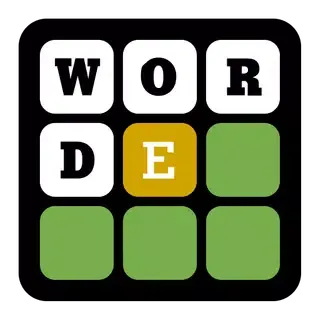Loading game...
Wordle Today
Wordle Today operates as a daily deductive puzzle where the primary goal is to identify the specific five-letter word assigned for the current 24-hour period. Victory is achieved only when the player successfully inputs the matching term within a strict limit of six attempts
What is Wordle Today?
